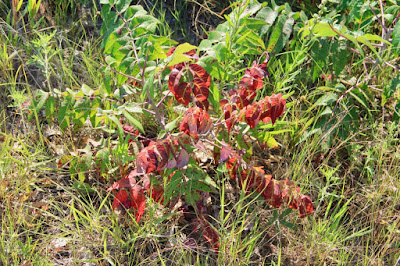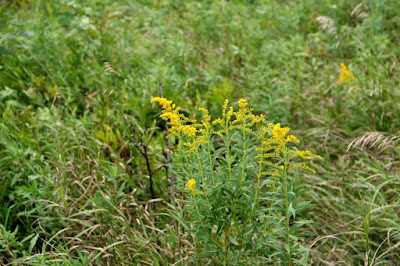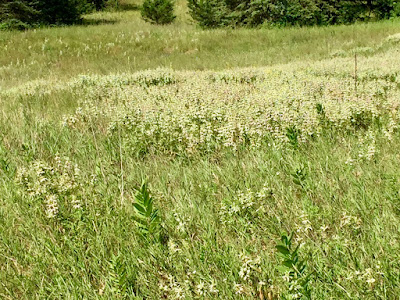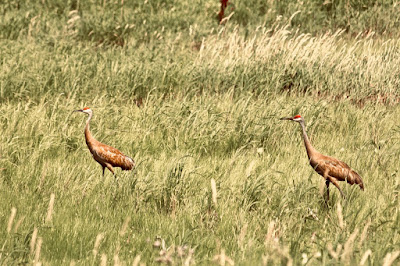 |
| Franco, at a younger age
Photo by J. Harrington
|
Last night we had a bit of excitement. As I let Franco, the Better Half's border collie cross breed, out to relieve himself, I hadn't notice the wild turkey hen lurking out of site at the patio's edge. Franco promptly gave chase and was losing ground but hanging in there when the hen took flight, literally. Franco has learned he can't climb trees as well as squirrels and now he knows there's no way he can fly like a turkey, let alone like an eagle. At that point Franco responded to my bellowing and started back toward the house. On the way he remembered why he was outside to begin with. Dogs!
 |
| a turkey temptress
Photo by J. Harrington
|
How does it feel to be more than halfway through the last day of July and therefore 7/12 of the way through this year, or, if you prefer 213/366 days [it's a leap year], either way about 58% of the year is gone and for many folks, this year can't end soon enough. Meanwhile, Blogger has given us until August 24 to switch to their "new and improved" user interface or they'll do it for us. There are several aspects of the new interface I really don't like so I'm going to have to spend some time considering my options. I realize that I've no real basis for complaints since I'm not paying for the interface nor the storage space. On the other hand, I do pay Apple and used to pay Microsoft and they felt free to make changes without my concurrence. Still do. It's one more reason I've found to shift time and energy spent in this virtual world to the real world. It's possible, leaning toward probably, that, thanks to Blogger, plus the negatives related to social media participation, and other factors, that I'll spend more time outside (fly-fishing anyone?) and more time writing non-blog pieces. I've recently read parts of a couple of essays that have really increased my interest in exploring the relationship between identity and place and I need to think about genre-related questions for that exploration. I'll still post from time to time but the daily posting frequency I've now maintained since 2012 will take a hit.
(“I hate a woman who is not a mystery to herself, as well as to me.”—The Phoenix.)
If you want a receipt for that popular mystery
Known to the world as a Woman of Charm,
Take all the conspicuous ladies of history,
Mix them all up without doing them harm.
The beauty of Helen, the warmth of Cleopatra,
Salome’s notorious skill in the dance,
The dusky allure of the belles of Sumatra
The fashion and finish of ladies from France.
The youth of Susanna, beloved by an elder,
The wit of a Chambers’ incomparable minx,
The conjugal views of the patient Griselda,
The fire of Sappho, the calm of the Sphinx,
The eyes of La Vallière, the voice of Cordelia,
The musical gifts of the sainted Cecelia,
Trillby and Carmen and Ruth and Ophelia,
Madame de Staël and the matron Cornelia,
Iseult, Hypatia and naughty Nell Gwynn,
Una, Titania and Elinor Glyn.
Take of these elements all that is fusible,
Melt ‘em all down in a pipkin or crucible,
Set ‘em to simmer and take off the scum,
And a Woman of Charm is the residuum!
(Slightly adapted from W.S. Gilbert.)
********************************************
Thanks for visiting. Come again when you can.
Please be kind to each other while you can.




















